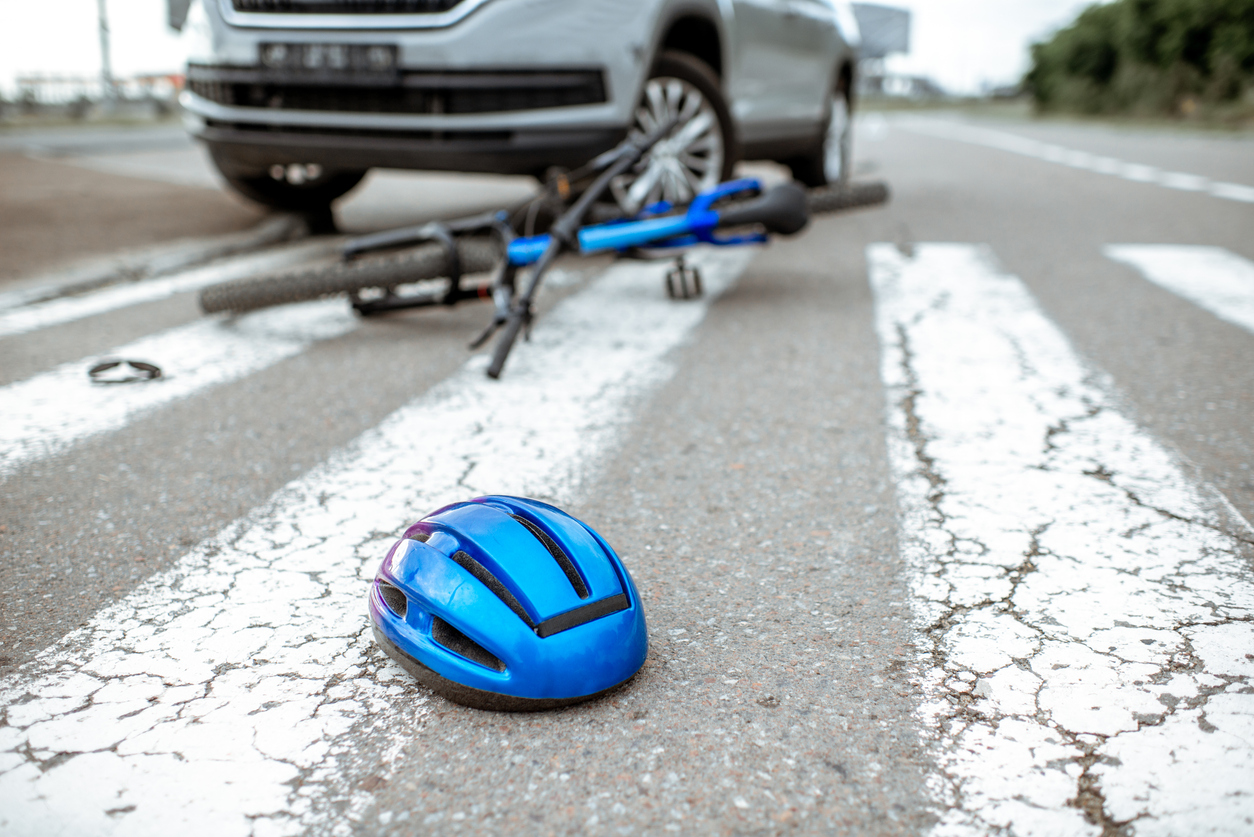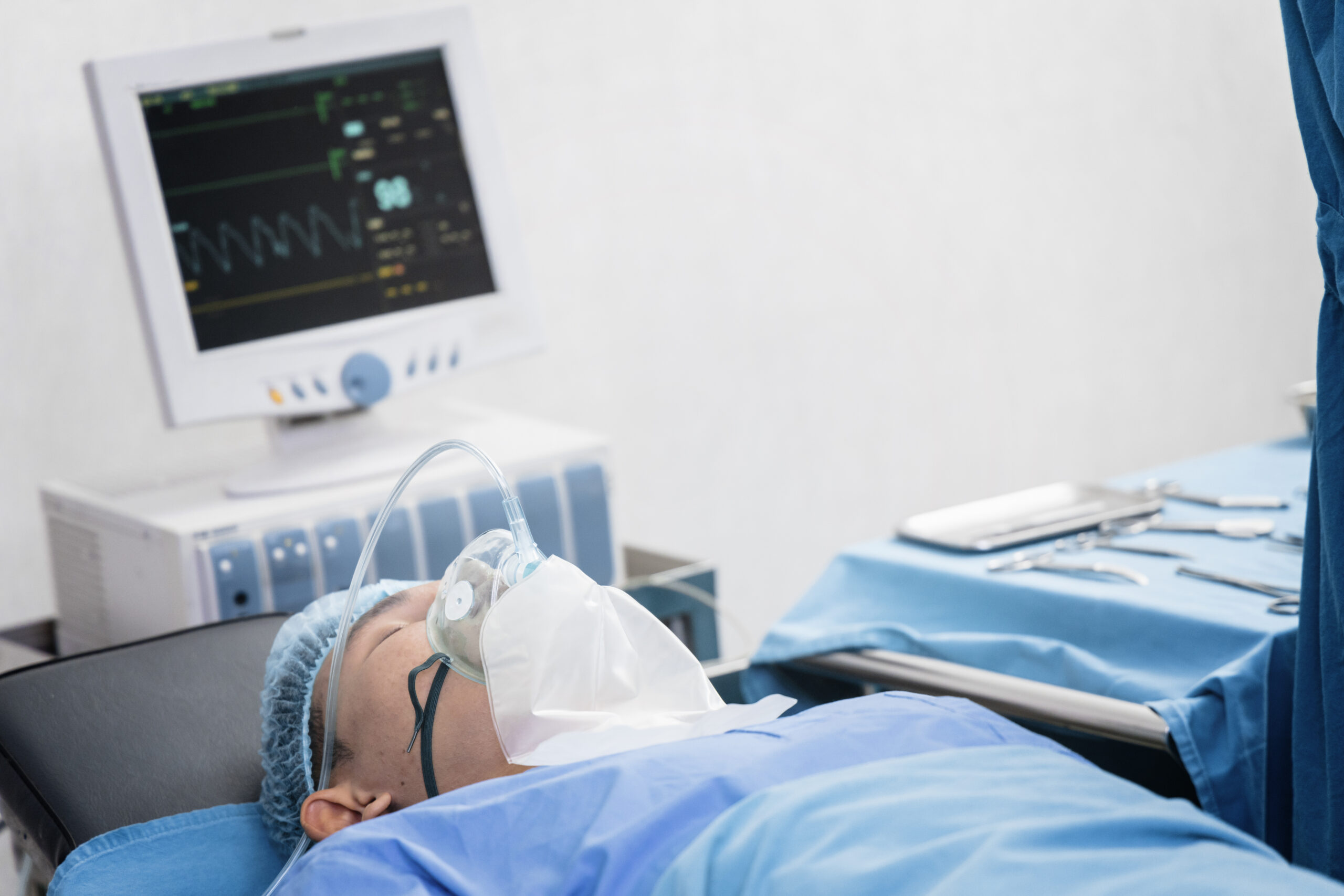The Importance of Helmets in Bicycle Accident Brain Injury Cases
Bicycle accidents can lead to devastating injuries, with traumatic brain injuries (TBIs) among the most serious outcomes. While helmets are not a guarantee against head injuries, they play a significant role in reducing the risk and severity of TBIs. Beyond their protective purpose, helmet use—or lack thereof—can also influence the legal landscape of a personal injury claim.
This guide examines how helmet use impacts liability, damages, and legal strategies in bicycle accident brain injury cases, helping you understand your rights and the importance of skilled legal representation.
The Importance of Helmets for Cyclists
Helmets are specifically designed to absorb and disperse the force of impacts, reducing the likelihood of severe head injuries. Research consistently shows that wearing a helmet can lower the risk of a serious brain injury by a significant margin. Helmets also help prevent other types of head trauma, such as concussions or skull fractures, which can lead to long-term health complications.
In California, cyclists under the age of 18 are legally required to wear helmets, while adults are encouraged but not mandated to do so. Although helmets are not legally required for adults, wearing one demonstrates a commitment to personal safety, which can influence legal outcomes in an accident claim.
How Helmet Use Affects Liability in Bicycle Accidents
When pursuing compensation for injuries sustained in a bicycle accident, helmet use can be a significant factor in determining liability and damages.
California operates under a pure comparative negligence system. This means that each party involved in an accident can share a percentage of fault. If you were injured in a bicycle accident but were not wearing a helmet, the defense may argue that your lack of a helmet contributed to the severity of your injuries.
For example, if a court determines that you were 20% at fault for your brain injury because you were not wearing a helmet, your compensation would be reduced by that percentage. This rule does not absolve the negligent party of responsibility but can limit the amount of compensation you receive.
To win a personal injury case, you must prove that another party’s negligence caused the accident. Examples of negligent behavior include failing to yield, running a stop sign, or driving distracted. Even if you were not wearing a helmet, the focus remains on the other party’s role in causing the accident. However, the defense may use your lack of helmet use to shift some of the blame.
Helmet Use and Damages in Brain Injury Cases
The calculation of damages in a bicycle accident brain injury case often considers the extent of the injuries and the circumstances surrounding the crash. Helmet use, or the absence of it, can influence this process.
- Medical Costs: Brain injuries often require extensive medical care, including surgeries, rehabilitation, and long-term treatment. If a helmet could have reduced the severity of the injury, the defense might argue for lower compensation.
- Pain and Suffering: Non-economic damages, such as physical pain and emotional trauma, may also be contested if the lack of a helmet is deemed a contributing factor.
- Lost Wages and Earning Capacity: Severe brain injuries can lead to prolonged time away from work or permanent disability. The defense might claim that some of these losses could have been avoided with proper helmet use.
While helmet use doesn’t negate the other party’s responsibility, it can complicate the negotiation or litigation process.
Best Practices for Cyclists Seeking Compensation
If you’ve been involved in a bicycle accident and sustained a brain injury, there are several steps you can take to strengthen your case and maximize your compensation:
- Seek Immediate Medical Attention: Prompt medical care is critical not only for your recovery but also for documenting the extent of your injuries. Medical records serve as vital evidence in personal injury claims.
- Document the Accident Scene: Take photos of the scene, your bicycle, and your injuries. Collect contact information from witnesses and file a police report if possible.
- Focus on the Negligent Party’s Actions: Your legal team will work to prove that the other party’s negligence directly caused the accident and your injuries, regardless of helmet use.
- Consult Expert Witnesses: Medical and accident reconstruction experts can provide testimony about the severity of your injuries and whether a helmet would have made a difference.
- Work with a Personal Injury Attorney: An experienced attorney will develop a tailored strategy for your case, countering any arguments about comparative negligence related to helmet use.
Understanding California Helmet Laws
California’s helmet laws for cyclists under 18 are designed to promote safety among young riders. Parents of minors who are injured while not wearing a helmet may face additional legal scrutiny for not enforcing helmet use.
For adult cyclists, while helmet use is not legally mandated, courts may view wearing a helmet as a reasonable precaution. Failure to wear one could impact how fault and damages are assessed in a personal injury case.
Having a legal advocate who understands these nuances is essential when pursuing compensation for a bicycle accident brain injury.
How V&A Law Firm Can Help
At V&A Law Firm, we understand the physical, emotional, and financial toll that a traumatic brain injury can take on you and your family. Our team is dedicated to helping clients in Encino and throughout California navigate the complexities of bicycle accident claims with professionalism and care.
Our services include:
- Comprehensive Case Review: We’ll evaluate the details of your accident to determine liability and build a strong legal strategy.
- Evidence Collection: From medical records to eyewitness testimony, we gather the necessary documentation to support your claim.
- Negotiation with Insurers: We work to secure fair compensation through negotiations with insurance companies, protecting you from lowball settlement offers.
- Courtroom Advocacy: If your case goes to trial, we’ll provide aggressive representation to ensure your rights are upheld.
- Countering Comparative Negligence Arguments: We’ll address any claims related to helmet use and focus on the other party’s negligence.
We are committed to helping you secure the compensation you deserve while minimizing stress during the legal process.
Protect Your Rights After a Bicycle Accident
Helmet use is an important consideration in bicycle accident cases, but it’s only one piece of the puzzle. Whether or not you were wearing a helmet, you have the right to pursue compensation if someone else’s negligence caused your injuries.
Contact V&A Law Firm in Encino today for a free case evaluation and learn how we can help you navigate your bicycle accident brain injury case with confidence.





